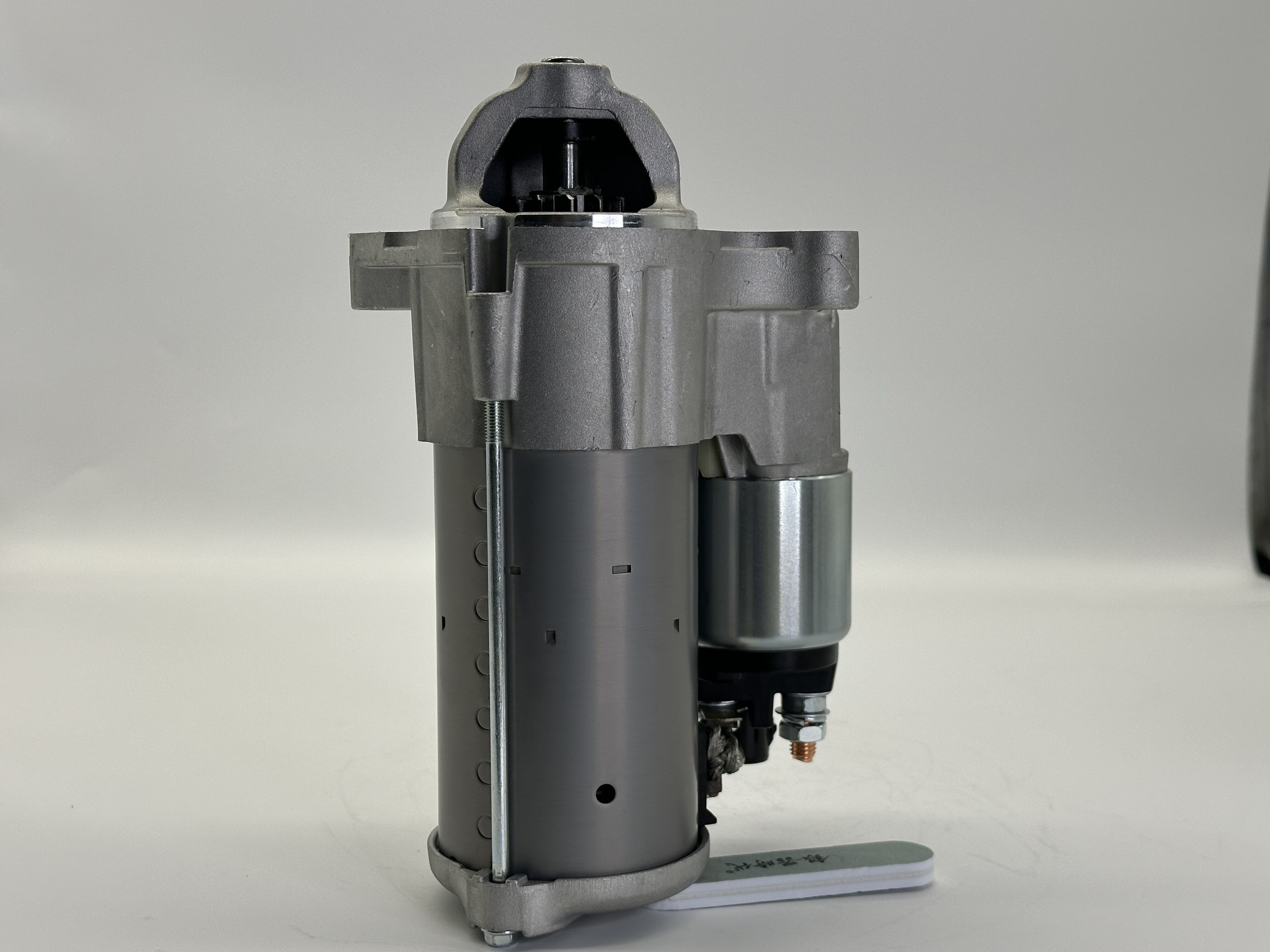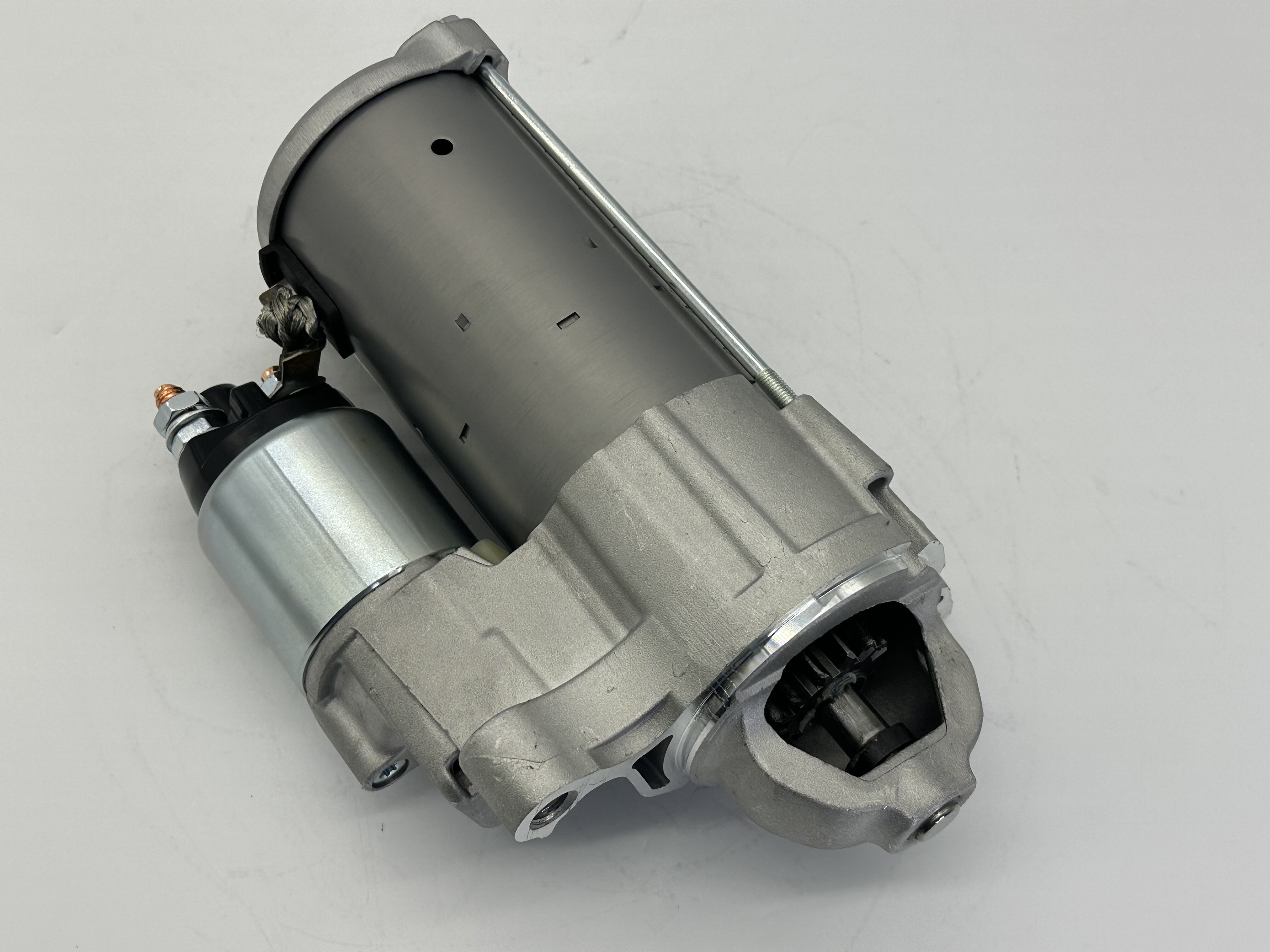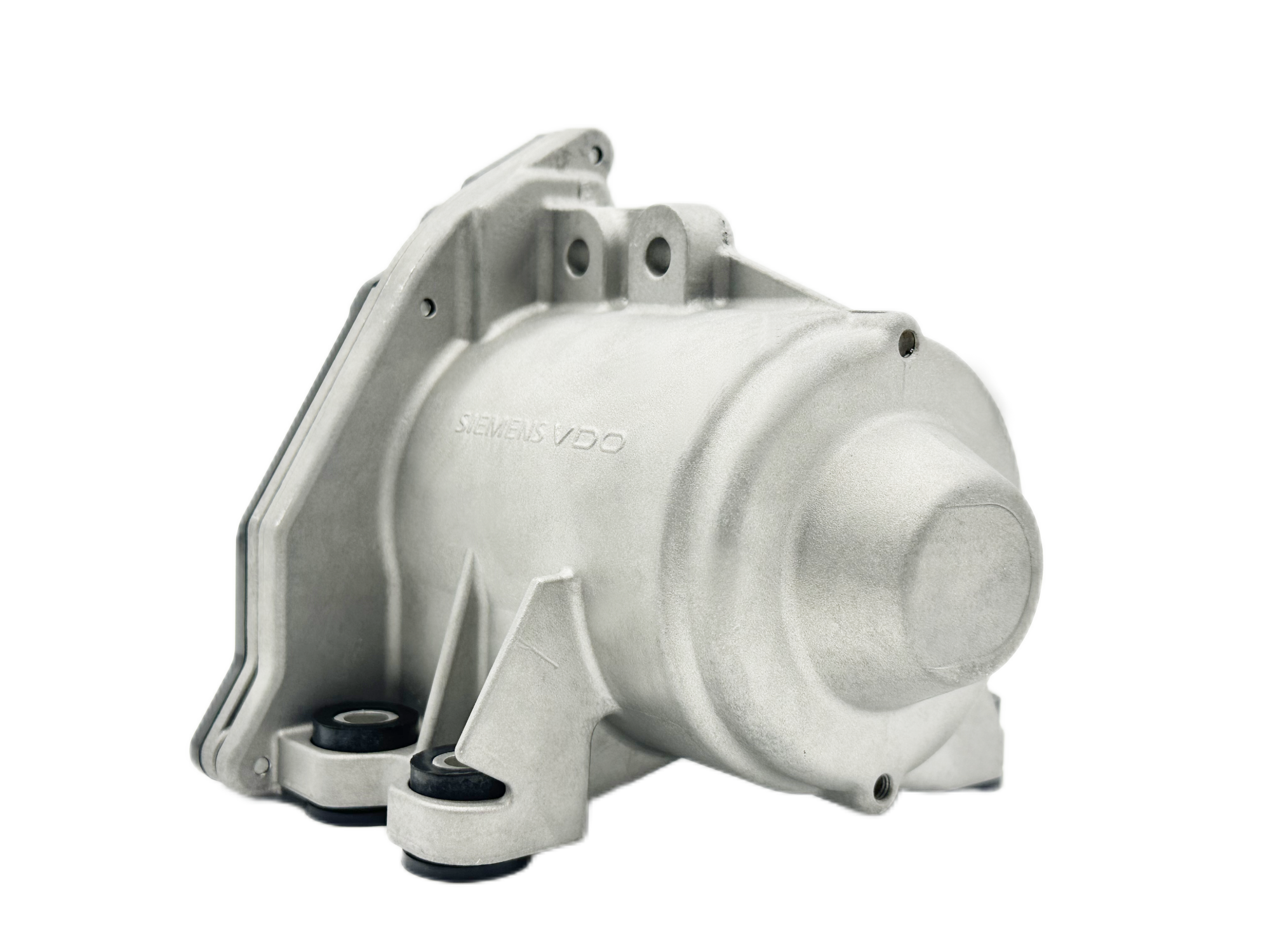oil lever sensor supplier
An oil lever sensor supplier specializes in providing advanced measurement solutions for accurate liquid level monitoring across various industries. These suppliers offer state-of-the-art sensing technologies that utilize electromagnetic, capacitive, and ultrasonic principles to deliver precise measurements in real-time. Their product portfolio typically includes both contact and non-contact sensors designed to withstand harsh industrial environments, extreme temperatures, and corrosive substances. The sensors feature robust construction with materials such as stainless steel and specialized polymers, ensuring longevity and reliable performance. Modern oil level sensors incorporate smart technologies, including digital displays, wireless connectivity, and automated alert systems that notify operators when oil levels fall below predetermined thresholds. These suppliers also provide customization options to meet specific application requirements, whether for automotive engines, industrial machinery, or large-scale storage tanks. Their sensors often include self-diagnostic capabilities, temperature compensation features, and compatibility with various communication protocols such as MODBUS or CAN bus. Additionally, these suppliers typically offer comprehensive technical support, installation guidance, and maintenance services to ensure optimal sensor performance throughout the product lifecycle.


